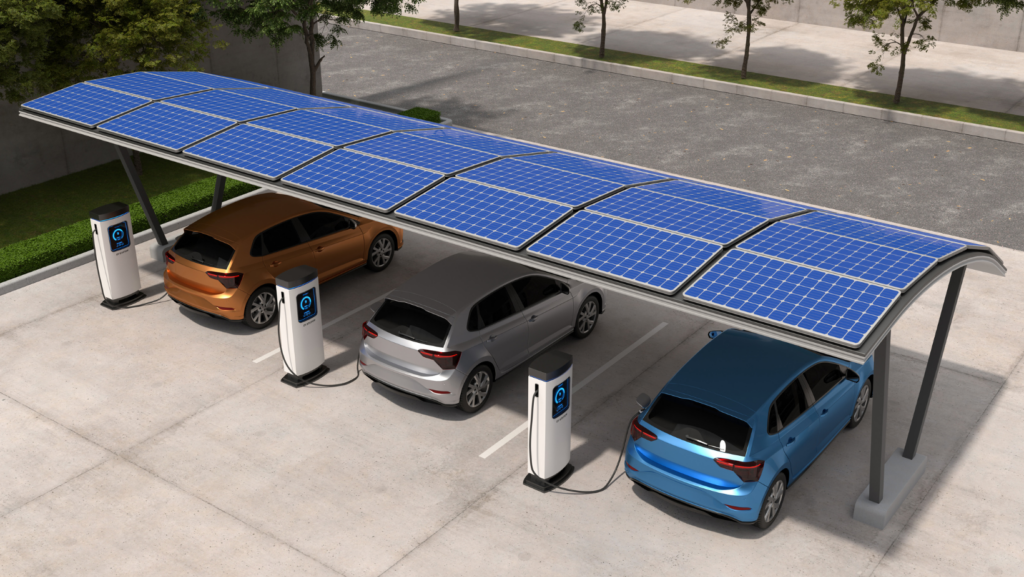This article aims to shed light on the worthiness of EVs from various angles. From the environmental impact to the cost-effectiveness, we’ll dive into the nitty-gritty of electric mobility. Whether you’re an eco-conscious consumer or a curious bystander, this piece will provide valuable insights into the world of electric vehicles and answer the question; are electric vehicles worth it.
Are Electric Vehicles worth it

Diving deeper into Electric Vehicles (EVs) can reveal why they’re garnering widespread attention. Exploring the nuances of EVs provides a foundation for gauging their worth.
Electric vehicles, commonly referred to as EVs, are automobiles powered wholly or in part by electricity. They store power in a rechargeable battery, which powers one or more electric motors, replacing conventional internal combustion engines.
Types of Electric Vehicles
EVs aren’t a homogeneous group; there are three prime types: Battery Electric Vehicles (BEVs), Plug-in Hybrid Electric Vehicles (PHEVs), and Hybrid Electric Vehicles (HEVs). BEVs run solely on electricity, PHEVs combine a conventional engine with an electric motor, and HEVs use a traditional engine for recharging their electric systems.
Benefits of Electric Vehicles
Switching to electric vehicles offers numerous benefits, spanning both environmental and financial aspects. Let’s delve deeper into these advantages.
Environmental Benefits & Financial Advantages

Electric Vehicles (EVs) significantly cut down CO2 emissions, and their lack of tailpipes means no direct emissions of harmful pollutants like nitrogen oxides. As per the US Environmental Protection Agency, a typical EV produces nearly 70% less CO2 per mile than a gasoline car.
By owning an EV, long-term savings become quite substantial. Lower fuel costs and maintenance expenses play a vital role here. According to the US Department of Energy, the annual fuel cost for a gasoline vehicle is almost three times higher than for an EV.
Cost-Benefit Analysis of Electric Vehicles
This section dissects the economical aspect of owning electric vehicles. It explores the relative cost factors and potential long-term savings associated with EVs.
Purchase Price vs. Long-Term Savings
While electric vehicles often cost more upfront than their gas-powered counterparts, they compensate with lower operational expenses. For example, The US Department of Energy highlights that fueling an EV costs about half as much as fueling a gas-powered vehicle.
Real-Life Experiences with Electric Vehicles
Case Study 1: A City Commuter’s Experience
Living in crowded San Francisco, John finds EVs fitting his daily routines. He enjoys the snappy acceleration, low maintenance costs, and reduced environmental impact. However, he experiences challenges finding parking with charging ports, despite living in a technologically advanced city.
Case Study 2: A Long-Distance Traveller’s Perspective
Sarah, a cross-country driver, uses her EV for long trips. She appreciates the quiet performance and luxury feel of her Tesla Model S. Nonetheless, range anxiety persists, especially traveling in rural areas, amplifying the need for a robust nationwide charging network.
Are Electric Vehicles Worth It: A Balanced View

Balancing the scales, the merits and demerits of EVs hold equal weight. Environmental advantages offered by electric vehicles, as recognized by the US Environmental Protection Agency, indeed make them a sustainable choice. But, one can’t overlook the range anxiety which intensifies due to the scarce number of charging stations. The upfront cost of EVs, though high, is mitigated by lower operational and fuel costs, as indicated by the US Department of Energy.
Big Wave in the Automotive Industry
Electric vehicles are making waves in the automotive industry. They’re not just a trend; they’re a sustainable choice that’s becoming increasingly accessible. They offer significant environmental benefits by reducing CO2 emissions and can be a cost-effective option in the long run, as showcased by lower fuel and maintenance costs. Government incentives further sweeten the deal, making EVs an attractive proposition. Yet, it’s important to acknowledge the challenges. Range anxiety and limited charging infrastructure are real concerns that can’t be overlooked. They’re part of the EV ownership experience and can impact its overall worth. So, are electric vehicles worth it? It seems they are, but with a few caveats.

